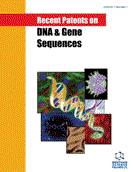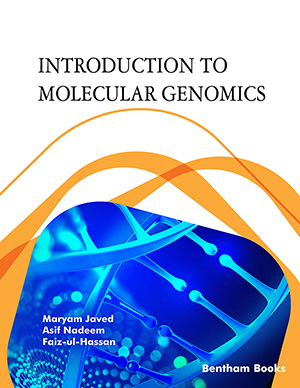Abstract
Directed evolution shortcuts million-year-scale natural evolution in a matter of weeks and generates tens of millions of sequence variants in a single test tube. A team of researchers used random DNA flanked by homologous sequences for in vivo homologous recombination, known as multiplex automated genome engineering (MAGE) to select the most active gene variants. They also adopted this approach to replace hundreds of stop codons in the E. coli genome, showing potential for genome-wide engineering. The blank codon created was harnessed to enlarge the amino acid alphabet, and unnatural amino acid has been incorporated to polypeptides. In phage-assisted continuous evolution (PACE), the target activity was linked to the expression of a protein required for the production of infectious phage, and researchers obtained activities with novel affinities to T3 promoter, ATP, etc. In vitro recombination enables the generation of massive number of artificial lives of potential values. Random combinatorial DNA approach has also been harnessed to construct G-H loop sequences of type O FMDV VP1 gene, and 100 novel radical sequence variants were obtained in a single experiment, which paves the way for the future investigations on the potential development of a polyvalent vaccine to cope with rapid viral variations. The enormous combinatorial diversity of these methods conferred high mutation rates at either full length genes or targeted regions unmatched by natural evolution or previous directed evolution methods. Interactions of mutations or epistasis may have generated beneficial phenotypes from neutral and deleterious mutations. Selection for desired phenotypes may create sequence variants that might never occur in evolution. Accelerated molecular evolution methods, capitalized on random DNA strings, continuous evolution, unnatural amino acids or in vitro recombination, provide infinite opportunities for research, industrial and medical applications.
Keywords: Accelerated molecular evolution methods, PACE, MAGE, In vitro recombination, random DNA, continuous evolution, unnatural amino acid, combinatorial DNA, degenerate.
 14
14











